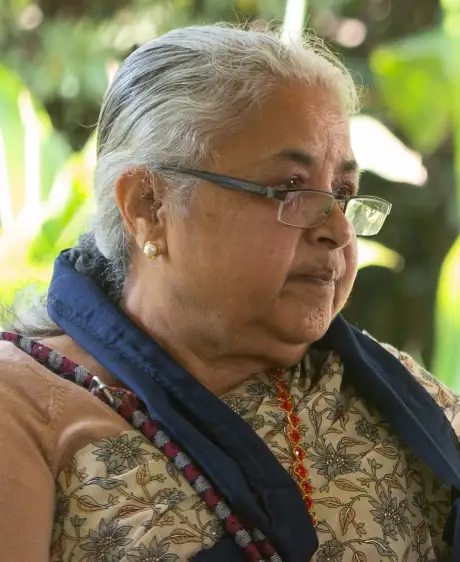Kathmandu has entered another turning point in its turbulent politics. On Friday night, Sushila Karki, Nepal’s former chief justice, took oath as interim Prime Minister, NDTV reported.

Her appointment came after days of mass protests that shook the Oli government. The deal was hammered out between President Ramchandra Paudel, leaders of the youth-driven protest movement, and the army chief, General Ashok Raj Sigdel.
A Judge Thrust Into Politics
At 73, Karki is no career politician. She is remembered for being Nepal’s first woman chief justice (2016–2017) and for a strong anti-corruption stance that often rattled the establishment. Protesters demanding clean governance saw her as the right figure to lead a transition government.
Comparisons are already being made with Nobel laureate Muhammad Yunus, who was invited to head Bangladesh’s interim setup last year after student-led demonstrations forced Sheikh Hasina out.
Her Journey
Born in 1952 in eastern Nepal, Karki studied political science at Banaras Hindu University before returning home to complete her law degree at Tribhuvan University. She balanced a teaching stint with law practice before joining the Supreme Court, where she rose to become chief justice.
Her judicial career was not without controversy. In 2017, lawmakers attempted to impeach her over a ruling against a top corruption official, but public backlash forced them to retreat, cementing her reputation as a defender of judicial independence.
Family and India Link
Her husband, Durga Prasad Subedi, was a Nepali Congress youth leader involved in the dramatic 1973 hijacking of a Nepal Airlines flight carrying Rs 40 lakh. The cash was allegedly used to buy arms for the anti-monarchy struggle. Subedi served time in India before returning to politics in Nepal.
Protests That Brought Change
The protests that brought down KP Sharma Oli erupted after his government tried to shut down social media nationwide. Security forces opened fire on crowds, leaving at least 51 dead and more than 1,300 injured. Despite curfews, the unrest grew until Oli resigned.
By Friday, shops reopened in Kathmandu, soldiers withdrew from the streets, and police with batons replaced armed patrols. Families are still recovering the bodies of relatives from city hospitals.
